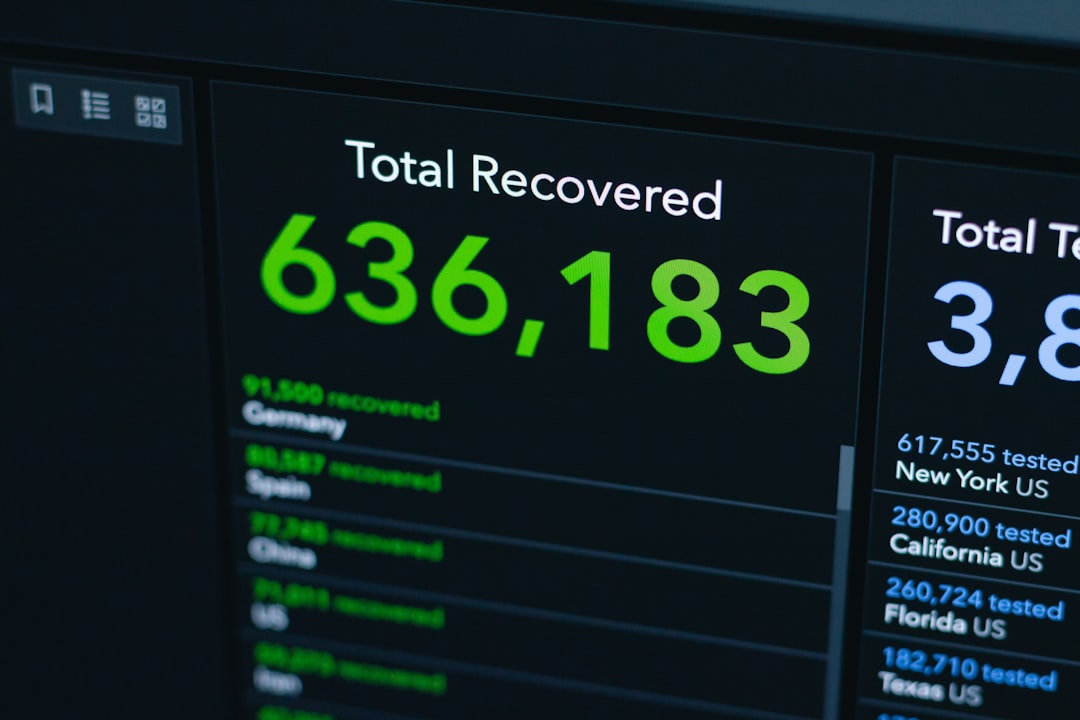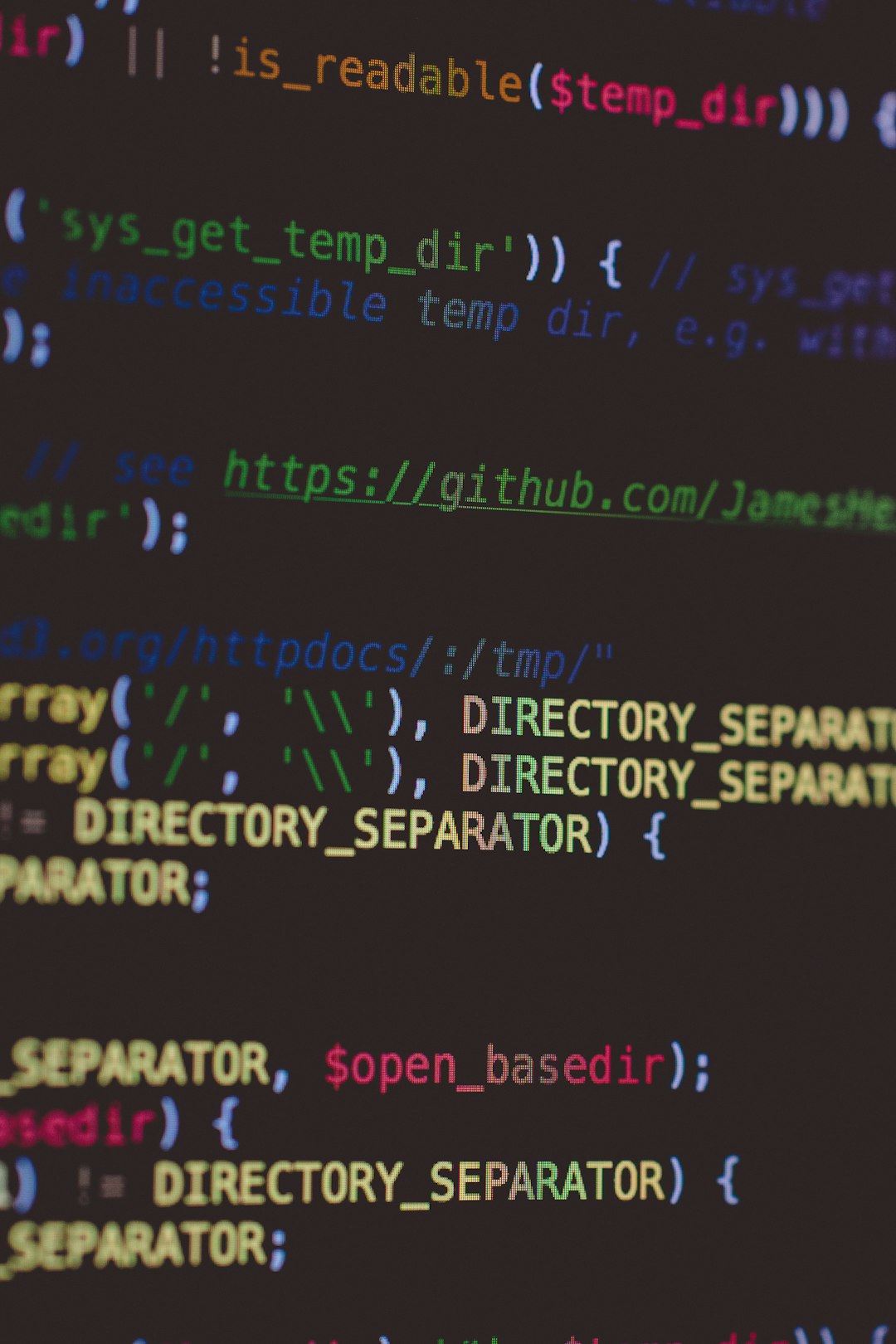In today’s hyper-digital society, personal data has become a currency—something to be collected, stored, traded, and protected. As technology evolves, the concept of data citizenship grows increasingly relevant. But with this evolution comes a host of ethical, legal, and technical questions: Who really owns your data? At what point does control change hands? And how can individuals reclaim agency over their digital selves?
Defining Data Citizenship
Table of Contents
Data citizenship refers to the rights and responsibilities individuals have over their personal data. Like national citizenship, it implies a legal and moral framework wherein individuals are acknowledged as ‘citizens’ of digital domains. This concept brings the idea of personal autonomy into the realm of digital information, asserting that individuals should have agency over what is collected, how it’s used, and whether it should be shared or monetized.
The rise of digital tracking, social media, cloud storage, and Internet-of-Things (IoT) devices has made it nearly impossible for someone not to leave a digital footprint. But that doesn’t mean they lose ownership of this data—or at least, it shouldn’t. Data citizenship advocates for clearer rules about what belongs to the individual and how companies and governments must treat it.
Data Ownership: A Legal Gray Area
In theory, many assume they “own” their data. In practice, however, ownership is often ceded—usually unknowingly. For instance, when individuals agree to lengthy and complex terms of service agreements, they often consent to selling or sharing their data without realizing the long-term implications.

Currently, there are different data ownership perspectives depending on jurisdiction:
- United States: Data is generally considered as being under the control of the data collector (e.g., platforms like Google or Facebook) rather than the data subject (i.e., user).
- European Union: With regulations like the General Data Protection Regulation (GDPR), users are granted more control over their data, including the “right to be forgotten.”
- China: The government heavily regulates access to data with surveillance mechanisms tightly intertwined with societal controls.
This dissonance leads to inconsistencies in how user rights are enforced globally. While some regions preach user empowerment, others prioritize commercial or governmental access to information.
Who Controls Your Data—And When?
Let’s dissect the typical lifecycle of user data to better understand control and ownership shifts:
- Creation: When a user generates data (e.g., posting a status update or completing an online purchase), they technically begin as the owner.
- Collection: Once the data is transmitted to a digital platform, that company starts collecting it. Depending on the platform’s terms, they may claim partial or full rights to use it.
- Processing and Storage: At this stage, data is analyzed and used for targeted advertising, behavioral predictions, and performance metrics, transferring power from users to corporations.
- Sharing and Selling: Many companies monetize data by sharing it with third parties. At this point, the original user usually loses insight and control of their data’s journey.
- Retention or Deletion: Depending on regional compliance laws, users may be able to request data deletion, thereby reclaiming some degree of ownership—if platforms comply.
Privacy Legislation and Shifting Paradigms
In recent years, privacy legislation has begun to catch up with technological advances. GDPR in Europe, the California Consumer Privacy Act (CCPA), and Canada’s Personal Information Protection and Electronic Documents Act (PIPEDA) are a few examples of frameworks aiming to protect user rights.
The most significant aspect of these regulations is the shift from implicit to explicit consent. Users must be informed in plain language about how their data will be used. These laws also grant users the ability to access, correct, port, or even delete their data.

Still, loopholes and enforcement challenges remain. Many companies comply superficially but still extract immense value from less-regulated or anonymous data. Advocacy groups argue that stronger penalties and burdens of proof are needed to ensure compliance.
The Ethics of Digital Identity
Data isn’t just numbers and text—it can represent a person’s identity, behavior, preferences, and even potential. That gives rise to ethical questions:
- Should companies be allowed to infer psychological traits or vulnerabilities?
- Is it ethical to sell someone’s data profile to third-party marketers or political campaigns?
- How do we protect vulnerable populations like children or the elderly?
Organizations and individuals are now pushing for a more ethical digital environment with emphasis on transparency, consent, and dignity. This includes building digital systems that treat user data not as a commodity, but as a digital extension of the self.
Corporate Responsibility and Tech Design
Since so much power lies in the hands of tech companies, they must design platforms using “privacy-first” principles. This includes features like:
- End-to-End Encryption: To protect user communication
- Data Minimization: Only collecting what is strictly necessary
- Clear Opt-In Policies: Avoiding default data sharing
- Decentralized Storage: Reducing centralized risk points
Companies that respect user data and provide genuine user control are not only protecting privacy—they’re building trust. In an age where user skepticism is growing, transparency can become a competitive advantage.
Future Outlook: Digital Citizenship in a Web3 World
As Web3 and blockchain technologies gain traction, the vision for data citizenship expands even further. In decentralized ecosystems, users can exert more control over their identities and assets. Self-sovereign identity (SSI) systems aim to let individuals store credentials in a digital wallet, choosing when and how to share them.
Tokens and smart contracts may offer new ways for users to monetize their data directly or participate in governance over the platforms they use. However, these technologies come with their own barriers, including technical complexity and regulatory uncertainty.
Conclusion: A Call to Conscious Engagement
If there’s one takeaway, it’s this: digital rights are human rights. The conversation around data citizenship emphasizes the need for individuals, companies, and governments to rethink how information is treated in the modern age. Ownership should not start and stop with collection—it must include consent, transparency, and restitution.
Whether we envision a future where data is self-managed, collectively governed, or even commodified by the individual themselves, one thing is clear: the journey towards fair data citizenship begins with awareness and accountability.
Frequently Asked Questions (FAQ)
-
What is data citizenship?
Data citizenship refers to the concept where individuals are seen as rightful owners of their personal data, with legal and ethical rights to control, access, and manage it over its lifecycle. -
Who owns my personal data?
Ownership depends on legal jurisdiction and platform policies. Often, companies claim rights once data is collected, but laws like GDPR help return ownership and control to individuals. -
Can I delete my data from a platform?
Under regulations like GDPR or CCPA, users have the right to request data deletion. However, not all platforms comply equally, especially outside regulated regions. -
What steps can I take to protect my data?
Use privacy-focused tools, read terms of service, adjust app permissions, enable two-factor authentication, and advocate for platforms with strong data ethics. -
Is it possible to profit from my own data?
Emerging Web3 platforms and data marketplaces aim to let users monetize their data. However, these are still in early development and not yet mainstream.

